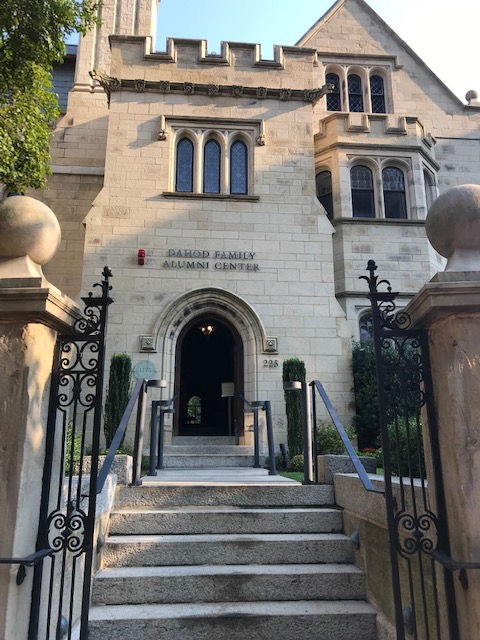Music Theory in Higher Education: The Language of Exclusion?
- Jason
- May 5, 2022
- 2 min read

A momentous week last week with the publication of a book chapter I've written for the edited collection 'Access and Widening Participation in Arts Higher Education: Practice and Research', edited by Professor Sam Broadhead. https://link.springer.com/book/10.1007/978-3-030-97450-3
This is the fist book chapter I've had published and it felt very cool and quite a career landmark to have the hard copy of the book in my hands last week. Never thought I'd get to be a published writer; had never been a strong point through school or Uni!
I was invited to write about Widening Participation in Higher Education from a musical perspective and decided to research how Music Theory (AKA 'the harmonic style of 18th Century European Musicians (Neely 2020)) represents a language of exclusion. Through an emphasis on fixed notions of what 'good' musical language is, validated through HE entrance requirements, specific ways of knowing and perceiving receive hierarchical ascent serving to ensure self-fulfilling prophecies of 'truth' and linguistic value. University Music degree league tables therefore become proxies for class divide with intersectional connotations for racial profiles of music degree programmes. This has the effect of creating insecurity and fear in those without the means to access this capital conditional language. In this chapter I investigate how Music Theory seemingly 'objectively' excludes using the 'common-sense' logic of neoliberal capitalism and propose what I'd consider utopian entry requirements for music degree programs in pursuit of recognition of a wider range of musical languages and epistemologies.
The chapter's published abstract is as follows:
This study analyses the entry requirements for undergraduate higher education music courses. This shows how high-level music theory skills and instrumental grade attainment relating to theoretical understanding of score notation can be a barrier to music higher education. It is argued that modes of institutional capital relating to theoretical music skills represent an exclusive and excluding form of implicit discrimination. This leads to unrepresentative populations within HE music programmes and onwards into the music profession.
Through an ontological justification of Western art music, and the corresponding ‘grammar’ of music theory, as a language, the nature of exclusivity implied by these entry requirements is identified. It is proposed that music theory requirements result in severe marginalisation of aspirant young musicians who do not ‘speak’ the ‘correct’ language, as defined by institutional and professional gatekeepers. The socio-economic culture of music education becomes fixed in elitism through this narrowing of the ‘language of access’. The intersectionality between race and class exists to compound the elitism of modes of musical language, further ensuring ‘what music is’ is decided by unrepresentative groups. Suggestions are proposed of what music departments can do to widen access and participation, moving towards a broader definition of musical literacy and the theoretical tools applied to a more diverse range of musical objects.
The book also contains a lot of other excellent chapters, many by colleagues from Leeds Arts University where I teach on the Popular Music Performance course. If you are interested in finding out more about the chapter and the book, you can do so on the publishers website https://link.springer.com/book/10.1007/978-3-030-97450-3 or buy a hard copy at all good book sellers (e.g. https://www.waterstones.com/book/access-and-widening-participation-in-arts-higher-education/samantha-broadhead/9783030974497 )
A huge thanks to Professor Broadhead for inviting me and trusting me to be part of such a great team of authors! More book chapters to follow...



Comments